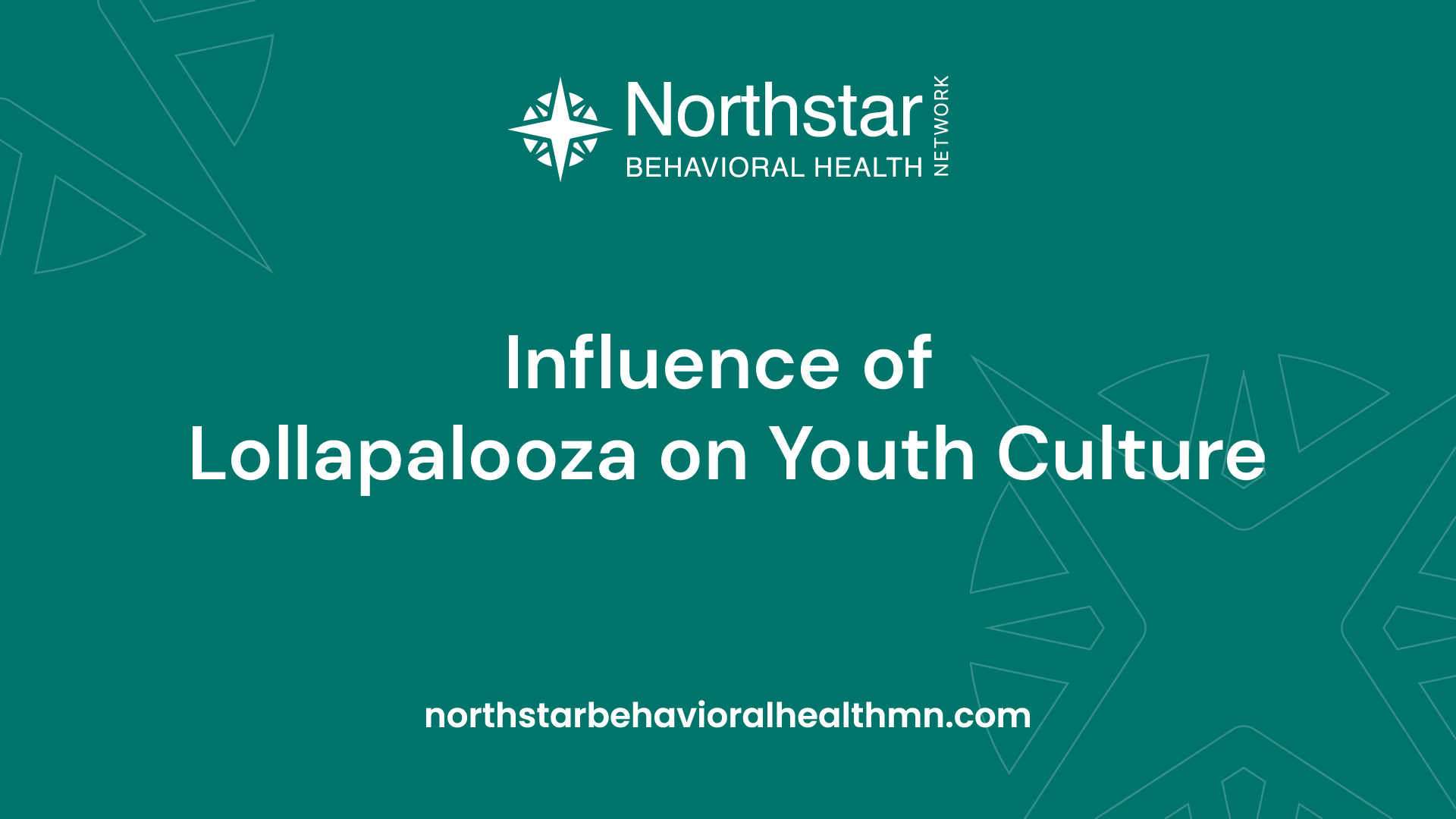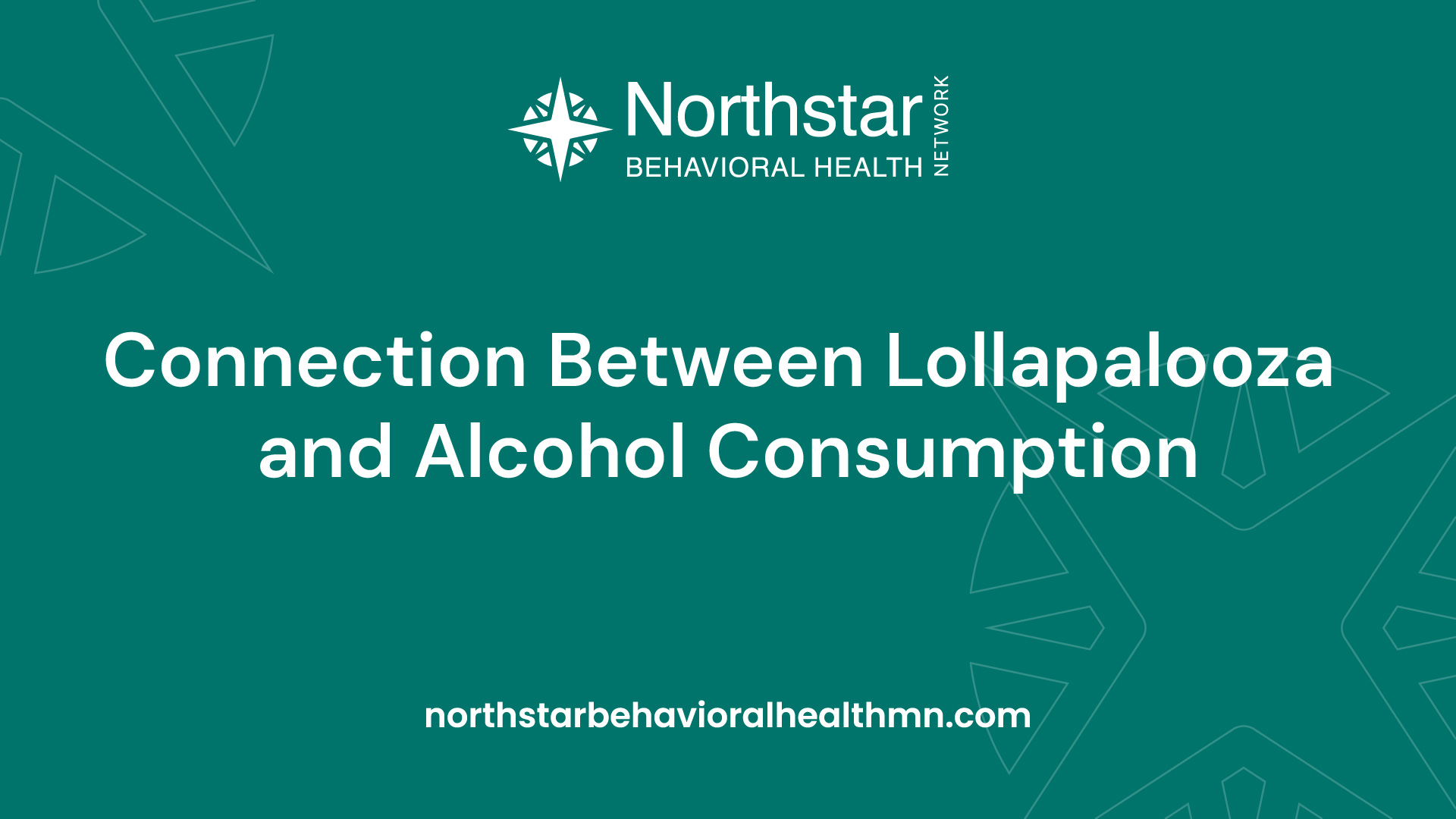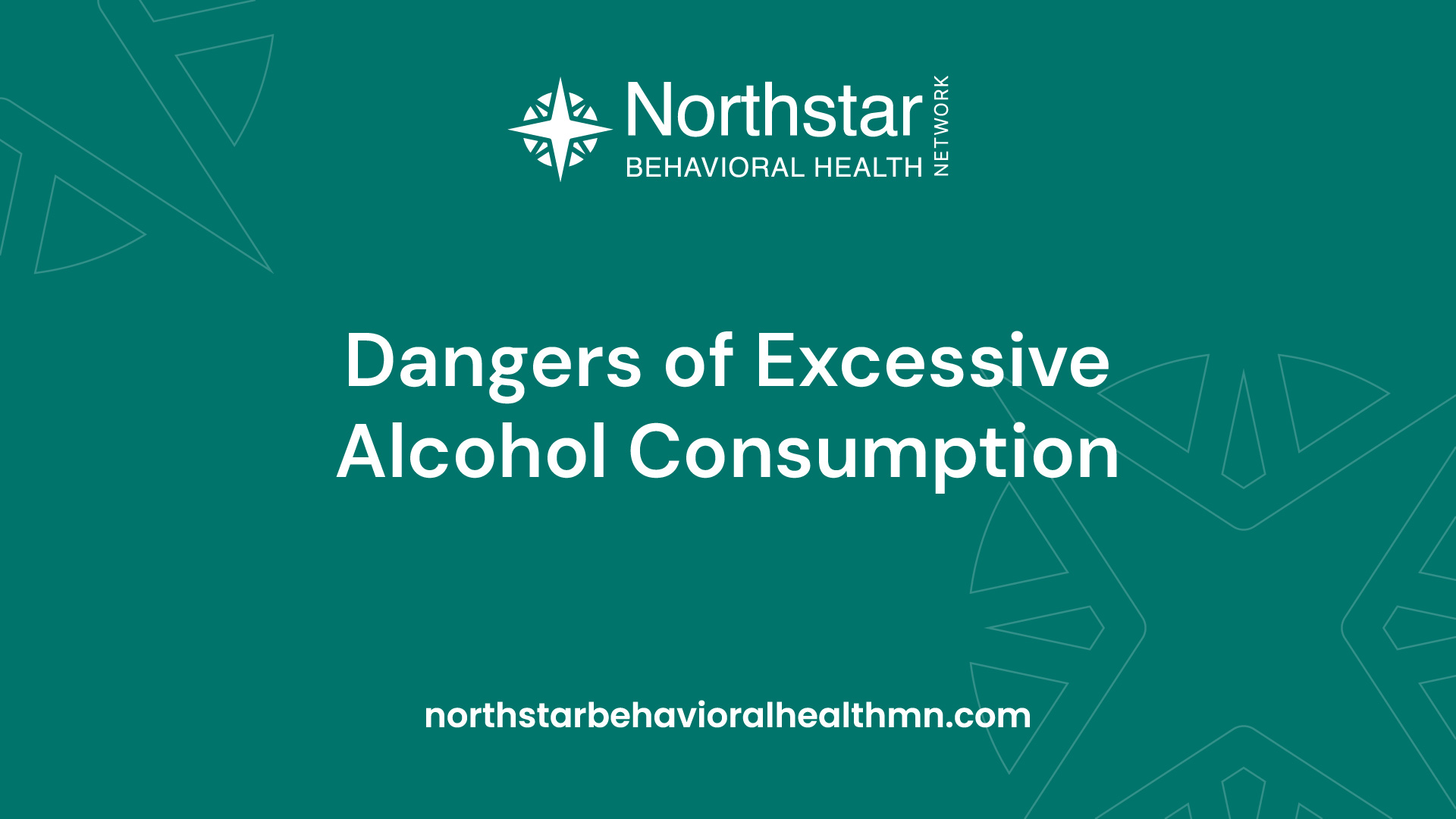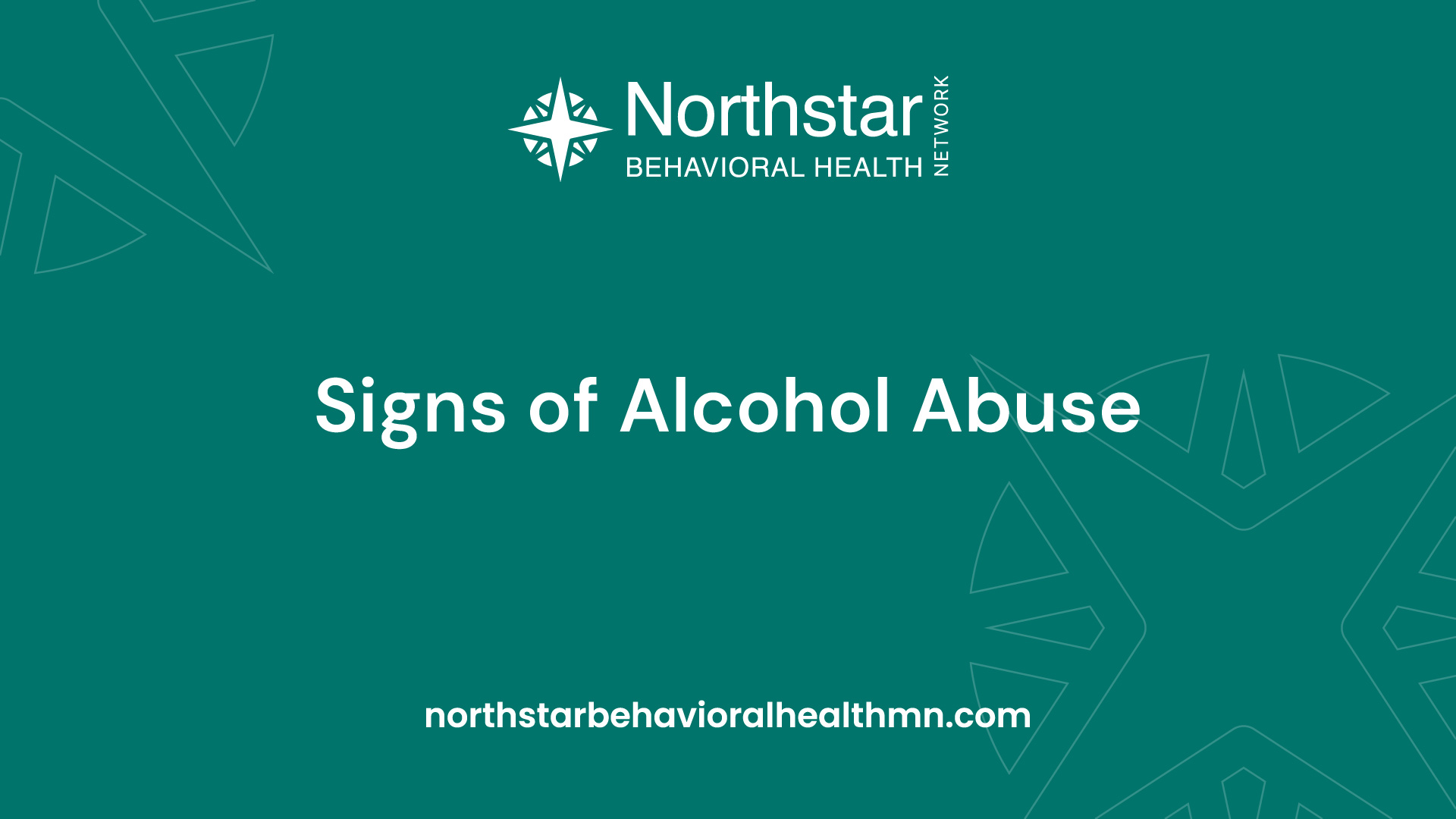August 27, 2024
Lollapalooza's Impact On Alcohol Consumption
Discover the connection between the festival and drinking habits.


Understanding Lollapalooza
Lollapalooza, a renowned music festival, has a rich history and significant influence on youth culture. Understanding the origins and impact of Lollapalooza can provide valuable insights into its connection with alcohol consumption.
History and Significance of Lollapalooza
Lollapalooza was first established in 1991 by Jane's Addiction frontman Perry Farrell as a farewell tour for his band. However, it quickly evolved into a multi-city music festival that showcased alternative rock, punk, and other genres of music. Over the years, Lollapalooza has grown in popularity and become one of the most anticipated summer events for music enthusiasts.
What sets Lollapalooza apart is its unique combination of music, art, and culture. The festival features an eclectic lineup of artists, immersive art installations, and various interactive experiences. Lollapalooza has successfully created a vibrant and inclusive atmosphere that attracts a diverse audience, including young adults and teenagers.
Influence of Lollapalooza on Youth Culture

Lollapalooza has had a significant influence on youth culture, particularly in terms of music preferences, fashion trends, and social behaviors. The festival's emphasis on alternative and contemporary music has shaped the musical tastes of many attendees. It has also provided a platform for emerging artists and bands to gain exposure and reach a wider audience.
Moreover, Lollapalooza's vibrant and energetic atmosphere fosters a sense of community and camaraderie among attendees. This sense of belonging and shared experiences can contribute to the formation of social norms and behaviors. Unfortunately, one of the concerning aspects associated with Lollapalooza and similar music festivals is the connection between the event and alcohol consumption.
The combination of the festival environment, peer influence, and the availability of alcohol can lead to excessive drinking among attendees, especially young adults. It is important to recognize the potential risks and consequences of excessive alcohol consumption, not only during music festivals like Lollapalooza but also in everyday life.
For more information on the dangers of excessive alcohol consumption, refer to our article on an alarming number of teens driving under the influence of alcohol or drugs.
By understanding the history and influence of Lollapalooza, we can better comprehend its connection to alcohol consumption and the potential impact on youth culture. It is crucial to promote responsible drinking habits and provide support for those struggling with alcohol addiction, both within the context of music festivals and beyond. For strategies and tips on promoting responsible drinking habits, refer to our article on twelve tips for educating kids about drugs.
The Party Culture
Music festivals like Lollapalooza have become synonymous with a vibrant party culture, where attendees come together to celebrate music and immerse themselves in a lively atmosphere. However, it is important to understand the connection between Lollapalooza and alcohol consumption, as well as the impact of music festivals on drinking behaviors.
Connection Between Lollapalooza and Alcohol Consumption

Lollapalooza, known for its diverse lineup of popular artists and energetic performances, attracts a large crowd of music enthusiasts. With its lively ambiance and party-like atmosphere, alcohol consumption often goes hand in hand with the festival experience. Many festival-goers see Lollapalooza as an opportunity to let loose and indulge in alcoholic beverages.
It is worth noting that the availability and accessibility of alcohol at music festivals like Lollapalooza can contribute to increased consumption. The presence of multiple bars and vendors offering alcoholic beverages makes it convenient for attendees to consume alcohol throughout the event.
Impact of Music Festivals on Drinking Behaviors
Music festivals, including Lollapalooza, can have a significant impact on drinking behaviors. The communal nature of these events, combined with the celebratory atmosphere, can create a social pressure to partake in drinking activities. Peer influence and the desire to fit in may lead individuals to consume more alcohol than they typically would.
Studies have shown that music festivals can be associated with risky drinking behaviors, such as binge drinking and excessive alcohol consumption. The festive environment can blur the boundaries of responsible drinking, potentially leading to negative consequences for individuals who engage in excessive alcohol consumption.
To address these concerns, it is important to promote responsible drinking habits and provide support for those struggling with alcohol addiction. By raising awareness about the potential risks associated with excessive alcohol consumption at music festivals, we can encourage individuals to make informed decisions about their alcohol intake. For more information on educating kids about drugs and alcohol, check out our article on twelve tips for educating kids about drugs.
By acknowledging the connection between Lollapalooza and alcohol consumption, we can work towards fostering a party culture that promotes responsible drinking and ensures the safety and well-being of festival attendees.
Risks and Consequences
Participating in the party culture associated with events like Lollapalooza can lead to various risks and consequences, particularly when it comes to excessive alcohol consumption. It's crucial to understand the dangers associated with consuming alcohol in large quantities and the potential effects on driving abilities.
Dangers of Excessive Alcohol Consumption

Excessive alcohol consumption can have serious health implications and put individuals at risk for various short-term and long-term consequences. Some of the immediate dangers of excessive alcohol consumption include:
- Impaired judgment: Alcohol affects cognitive function, leading to impaired judgment and decision-making abilities. This can result in engaging in risky behaviors or making poor choices.
- Increased aggression and violence: Alcohol can lower inhibitions and contribute to increased aggression and violent behavior, potentially leading to physical altercations and harm to oneself or others.
- Alcohol poisoning: Consuming large amounts of alcohol within a short period can lead to alcohol poisoning, a potentially life-threatening condition. Symptoms include confusion, vomiting, seizures, and unconsciousness.
- Accidental injuries: Excessive alcohol consumption increases the risk of accidents and injuries, including falls, burns, and car accidents. These incidents can result in severe physical harm and even fatalities.
Effects of Alcohol on Driving Abilities
One of the most significant concerns related to excessive alcohol consumption is its impact on driving abilities. Operating a vehicle under the influence of alcohol not only puts the driver at risk but also endangers the lives of others on the road. The effects of alcohol on driving abilities include:
- Impaired coordination and motor skills: Alcohol affects coordination and motor skills, making it difficult to control the vehicle properly. This can result in delayed reactions, difficulty steering, and decreased ability to brake effectively.
- Decreased concentration and attention: Alcohol impairs concentration and attention, making it challenging to maintain focus on the road and react to potential hazards. This can lead to accidents and collisions.
- Slowed reaction time: Alcohol slows down reaction time, making it harder to respond quickly to unexpected situations on the road. This delay can be critical in avoiding accidents or mitigating their severity.
- Altered vision and perception: Alcohol affects vision and depth perception, making it harder to judge distances accurately and see potential dangers on the road. This can lead to misjudgments and accidents.
To combat the risks associated with alcohol consumption and driving, it's crucial to promote responsible drinking habits and educate individuals on the potential consequences of driving under the influence. Seeking help for addiction is also vital for those struggling with alcohol abuse. If you or someone you know is battling addiction, don't hesitate to reach out for support.
Visit our article on seeking help for addiction for more information and resources. Remember, it's never too late to make a positive change and prioritize your well-being and the safety of others on the road.
Recognizing the Signs
When it comes to alcohol abuse and addiction, recognizing the signs is crucial in order to seek help and support. Whether it's for yourself or someone you know, being able to identify the signs of alcohol abuse can be the first step towards recovery.
Signs of Alcohol Abuse

Alcohol abuse can manifest in various ways, and the signs can differ from person to person. However, there are common indicators that may suggest a problem with alcohol. Some of these signs include:
- Increased tolerance to alcohol, needing more drinks to achieve the desired effect.
- Cravings or strong urges to consume alcohol.
- Neglecting responsibilities and obligations at work, school, or home due to alcohol use.
- Failed attempts to cut down or control alcohol consumption.
- Continuing to drink despite experiencing negative consequences, such as relationship problems or health issues.
- Spending a significant amount of time obtaining, using, or recovering from alcohol use.
- Withdrawal symptoms when attempting to stop drinking, such as shaking, sweating, or nausea.
It's important to note that experiencing one or more of these signs does not necessarily mean a person has an alcohol addiction. However, if you or someone you know is exhibiting several of these signs, it may be a cause for concern. Seeking professional help and support is crucial in addressing alcohol abuse. For more information on educating kids about drugs and addiction, check out our article on twelve tips for educating kids about drugs.
Seeking Help for Addiction
Recognizing that help is needed and seeking support for alcohol addiction is a brave and important step towards recovery. There are various resources available to assist individuals in their journey to overcome alcohol addiction.
One of the first steps in seeking help is reaching out to a healthcare professional or addiction specialist. They can provide an assessment and guide you towards appropriate treatment options, such as counseling, support groups, or rehabilitation programs. These professionals can also offer guidance on managing withdrawal symptoms and provide strategies to maintain sobriety.
Support from friends, family, and loved ones is also crucial during the recovery process. They can provide emotional support, encouragement, and accountability. Additionally, there are numerous support groups and organizations that offer a sense of community and understanding for individuals struggling with alcohol addiction. These groups can provide a safe space to share experiences, receive guidance, and learn from others who have faced similar challenges.
Remember, seeking help for alcohol addiction is a courageous step that can lead to a healthier and more fulfilling life. If you or someone you know is struggling with alcohol abuse, don't hesitate to reach out for assistance. For more information on addiction and the impact of sports events, read our article on the impact of March Madness on addiction.
Strategies for Change
When it comes to addressing the connection between Lollapalooza and alcohol consumption, it is important to implement strategies that promote responsible drinking habits and provide support for those struggling with alcohol addiction. These strategies aim to create a safer and healthier environment for festival-goers and individuals in need of assistance.
Promoting Responsible Drinking Habits
Promoting responsible drinking habits is essential in mitigating the risks associated with alcohol consumption at music festivals like Lollapalooza. Here are some strategies that can be implemented:
- Education and Awareness: Providing education on the potential risks of excessive alcohol consumption and the importance of moderation can help festival-goers make informed decisions. This can be done through on-site information booths, pamphlets, and digital resources.
- Encouraging Hydration: Emphasizing the importance of staying hydrated can help individuals pace their alcohol consumption and reduce the risk of dehydration or alcohol-related illnesses. Providing free water stations throughout the festival grounds can encourage attendees to drink water alongside alcoholic beverages.
- Designated Areas for Sober Activities: Creating designated areas for individuals who want to enjoy the festival without alcohol can provide alternative entertainment options. These areas can include live performances, games, and interactive activities.
- Collaboration with Local Organizations: Collaborating with local organizations that promote responsible drinking habits can strengthen efforts to educate festival-goers. These organizations can provide resources, workshops, and counseling services related to alcohol consumption.
Providing Support for Those Struggling with Alcohol Addiction
Support for individuals struggling with alcohol addiction is crucial to address the underlying issues and provide necessary assistance. Consider the following strategies:
- On-Site Counseling Services: Offering on-site counseling services at music festivals like Lollapalooza can provide immediate support for individuals struggling with alcohol addiction. These services can include one-on-one counseling, group therapy sessions, and referrals to local treatment centers.
- Information and Referral Systems: Establishing information booths that provide resources and referrals to local addiction treatment centers can be instrumental in connecting individuals with the help they need. These booths can also offer educational materials on addiction and recovery.
- Peer Support Networks: Creating peer support networks within the festival community can provide a sense of belonging and understanding for those in recovery. These networks can organize meetings, social gatherings, and online platforms for individuals to connect and support each other.
- Collaboration with Rehabilitation Centers: Partnering with local rehabilitation centers can ensure that individuals seeking help receive appropriate treatment options. These centers can offer specialized programs for festival attendees and provide ongoing support after the event.
By implementing these strategies, Lollapalooza and other music festivals can contribute to a culture of responsible drinking and provide support for individuals struggling with alcohol addiction. It is important to recognize that alcohol consumption is a personal choice, and efforts should be focused on harm reduction, education, and providing resources for those who need assistance.

.jpg)




.jpg)

